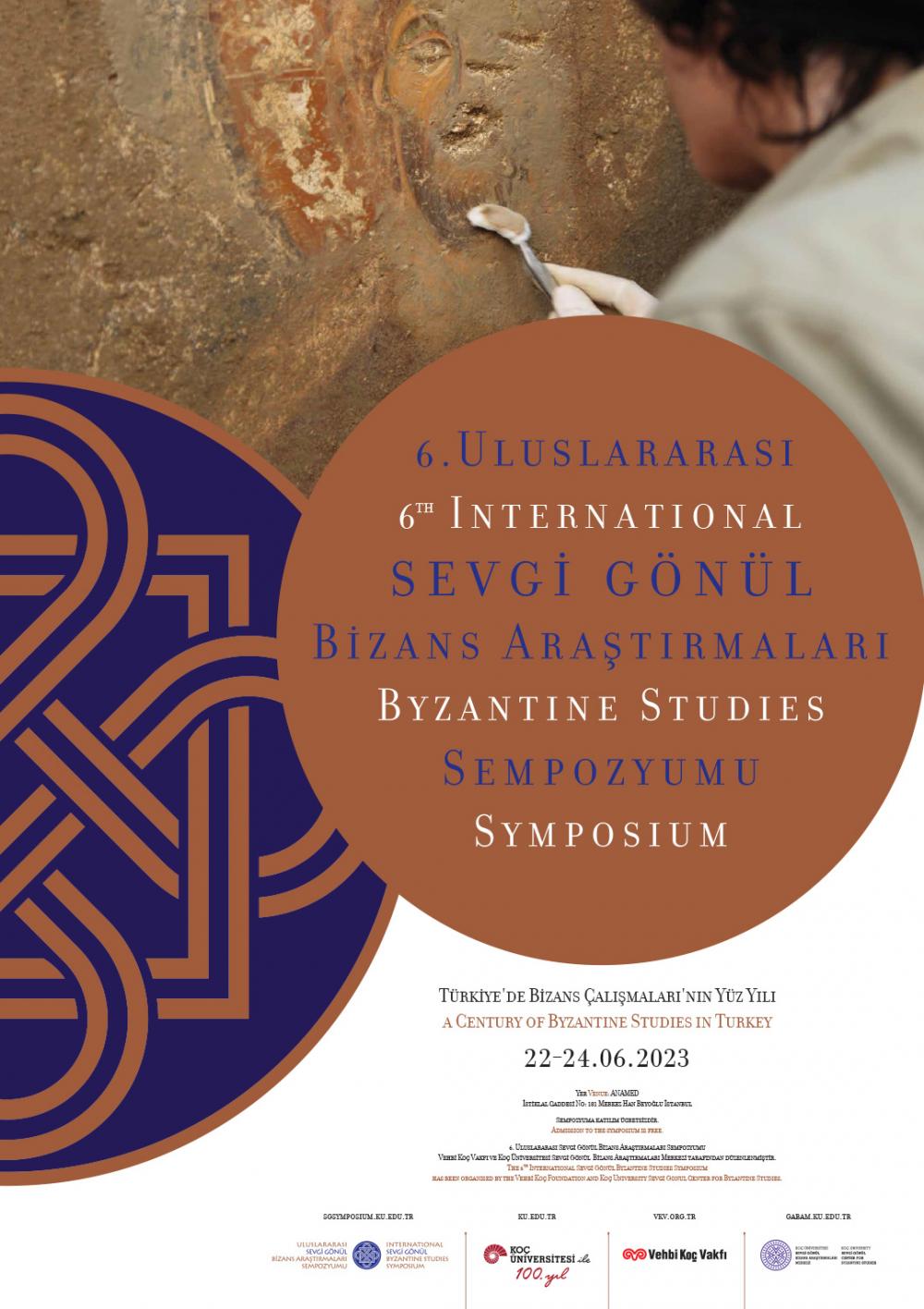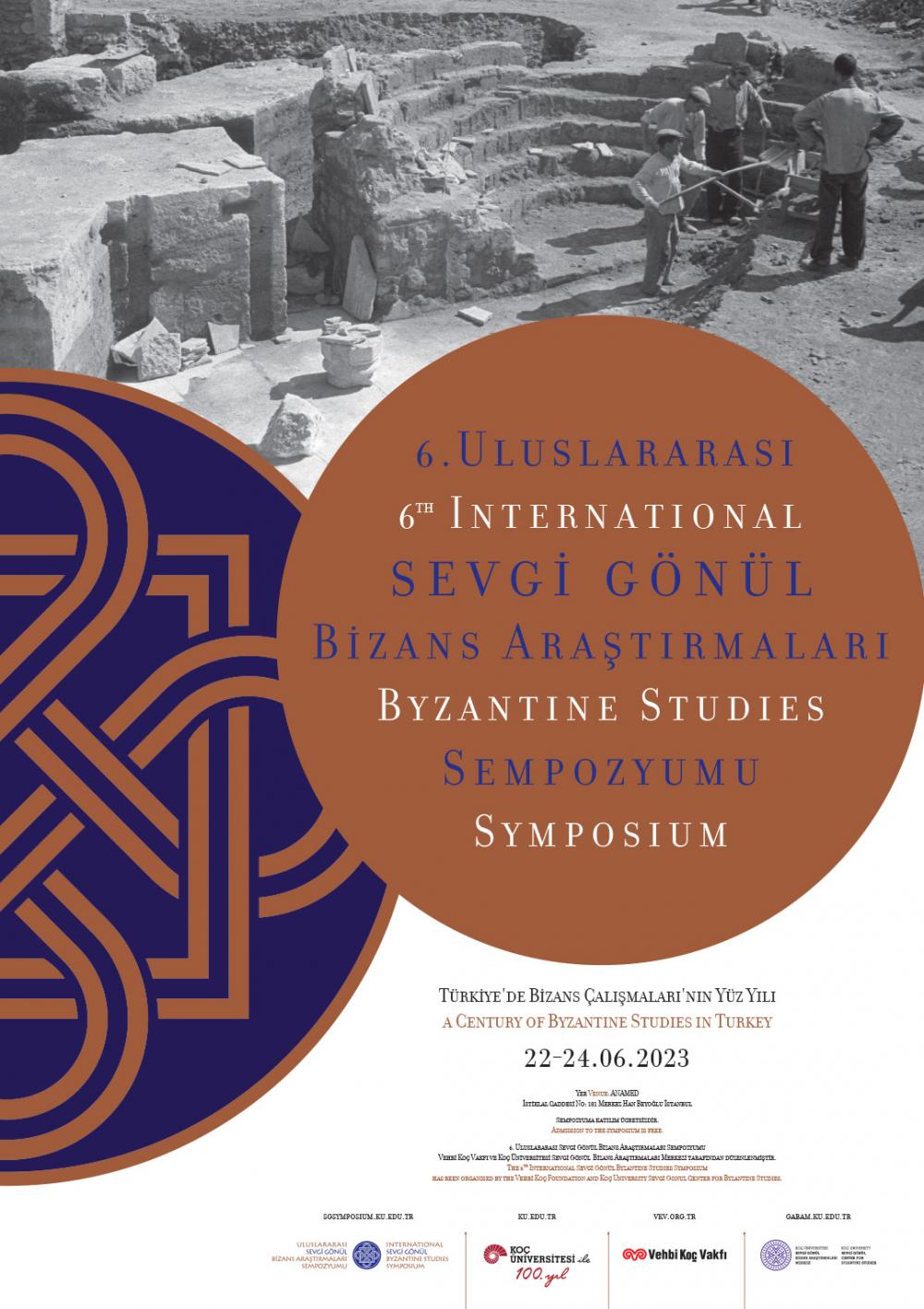The development of the field of Byzantine Studies in Turkey since the early 2000s is awe-inspiring. During my four years as a graduate student, I’ve had the fortune to see some of this development firsthand. I would like to contribute to the panel Byzantine Studies in Turkey through the Eyes of Early Career Byzantinists with my insight as a graduate student of Byzantine Studies in both Turkey and abroad (Austria and the UK) and to focus on issues which I think are potential areas of improvement that would benefit not only the Byzantinists of today, but also tomorrow.
I will focus on three issues which, as a PhD student, I consider to be important for our field in Turkey. Firstly, there is a general trend in the wider field of Byzantine Studies which promotes a new interdisciplinary approach to research, combining literary, archaeological, and art historical sources among others, taking full advantage of these individual fields. I want to underline that Turkey has a great potential for fostering this research not only because of prominent departments of History, Archaeology, and Art History, but also for housing the very tangible remains of the Byzantine Empire. Therefore, Turkey could be the vanguard in interdisciplinary methodologies for the benefit of the field’s development at an international level.
Secondly, I would like to emphasize the lack of a wide framework, institution, or body to organize, oversee, fund, promote, and circulate the events related to our field in Turkey. The Turkish National Committee for Byzantine Studies, “Bizans/Doğu Roma İncelemeleri Türkiye Milli Komitesi”, is not involved in training or funding and lacks a physical or online presence. Most intellectual events and network-building is limited to Istanbul, where many research centres, both university-based and foreign, hold regular events. An independent circular to update recipients of these events is also published in Istanbul. I would like to discuss alternative bodies that could take over the role to further proliferate the networks of scholars and students in an encompassing manner, to support all of the Byzantinists in Turkey with a wider geographic focus.
Lastly, I would like to raise the issue of undergraduate language training for the students aiming to focus on the Byzantine period. Most history departments offer courses on Ottoman and Latin languages for Medievalists, meanwhile Greek is very often under the monopoly of the Ancient Greek Language and Literature departments. I would like to consider ways of making Byzantine Greek, and therefore Byzantine Studies in general more accessible to those at the undergraduate level.

